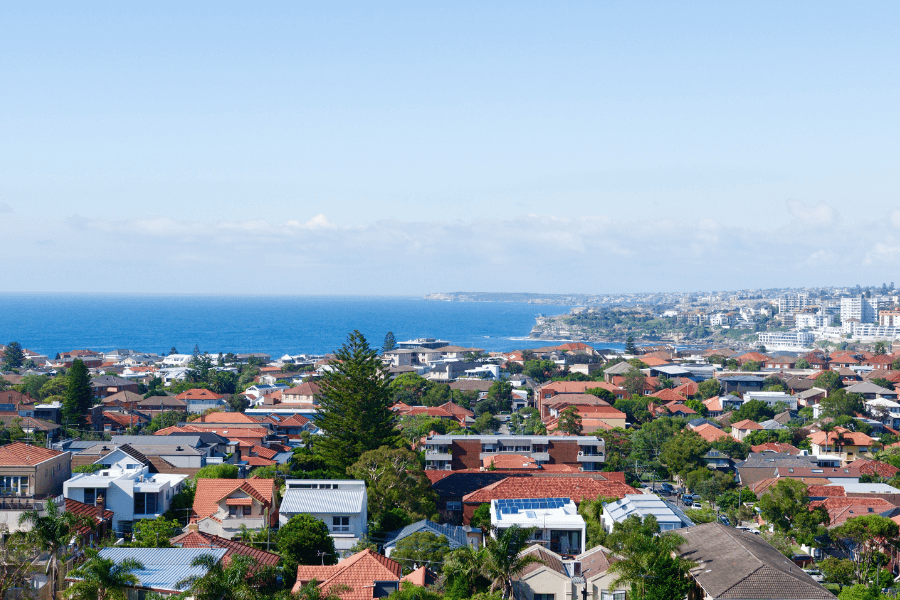Shared equity schemes are changing the game for Australians who dream of owning their own home but find it hard to break into the market. Whether you’re struggling to save a full deposit or worried about repayments dragging you down, shared equity might offer a pathway in without needing to do it all alone.
In this blog, we’ll walk you through what a shared equity agreement is, how it works, who can use these options, and what government support there is across Australia. Think of it as your easy-to-understand guide that is still backed by expert know-how, designed for everyday Aussies trying to get ahead.
Quick answer: A shared equity scheme is a way to buy property where a buyer shares ownership (and sometimes costs) with a government or third party. You live in the home like it’s yours, but don’t have to shoulder the full price tag upfront.

Topics in this article:
What is a shared equity scheme?
How do shared equity agreements work?
Let’s break it down. A shared equity scheme (also called an equity sharing agreement or shared ownership) means two parties—typically you and a government body or private lender—buy a property together. You contribute part of the purchase price, and the partner entity chips in the rest, usually in exchange for a proportional share of ownership.
This reduces how much you need to borrow from a bank. In most cases, no interest is paid on the shared contribution, though that portion of the home must be repaid if you sell or refinance. Some schemes may also allow you to gradually ‘buy back’ more of the property over time.
For example: You buy a $600,000 home. You contribute $60,000 (10%) and get a mortgage for $420,000 (70%). The remaining $120,000 (20%) comes from a shared equity scheme provider. When you sell the home later, the provider gets back their 20% share—plus or minus capital growth.
Key features:
- You’re the legal homeowner and live in the property.
- No rent paid on the shared portion.
- Repay the equity share when selling, refinancing or at a future date.
- Reduced loan size means smaller monthly repayments.
What does shared equity mean when buying a house? Simply put, it means splitting the upfront cost of a home with someone else, so you can buy sooner, with less deposit and lower mortgage stress.

Pros and cons of buying property with a shared equity scheme
Like anything in property, shared equity has its upsides and trade-offs. Here’s a balanced look.
Pros
- Buy sooner: Enter the market with a smaller deposit—often just 2% or 5%.
- Lower repayments: You borrow less, so your mortgage is more manageable.
- Avoid LMI: Many schemes help you sidestep costly lender’s mortgage insurance.
- Government-backed: Some are run by state or federal governments, offering stability and low fees.
- Build equity: Property still appreciates in value, even if you don’t own 100% straight away.
Cons
- Shared gains: You may need to share any capital growth with the scheme provider.
- Restrictions: Some schemes limit which properties you can buy or how you can modify the home.
- Exit conditions: You might have to sell, refinance or repay after a fixed term.
- Ownership limits: Full ownership might take time or come with added steps and costs.
Where can I find shared equity housing schemes?
Here’s a breakdown of government shared equity schemes by state and territory. These programs vary by eligibility, contribution limits and property price caps—so be sure to check the latest updates via official sites.
Government shared equity schemes in NSW
NSW Shared Equity Home Buyer Helper supports eligible buyers like single parents, older singles, and key workers with up to 40% of the purchase price.
Government shared equity schemes in VIC
Victorian Homebuyer Fund offers up to 25% equity contributions for eligible buyers, reducing your loan and deposit requirements.
Government shared equity schemes in QLD
At the time of writing, Queensland does not offer a specific shared equity scheme. Check with Queensland Housing Services for future updates or alternative support programs.
Government shared equity schemes in SA
HomeStart Shared Equity Option allows South Australians to co-purchase with HomeStart Finance, reducing repayments and deposit needs.
Government shared equity schemes in WA
Keystart’s Shared Ownership Home Loan enables eligible buyers to co-own with the WA Housing Authority.
Government shared equity schemes in ACT
The ACT Government is piloting shared equity initiatives—check act.gov.au for updates on housing affordability programs.
Government shared equity schemes in TAS
Currently no formal shared equity programs exist in Tasmania. Visit State Treasury for first home assistance alternatives.
Government shared equity schemes in NT
No shared equity housing scheme currently exists in the Northern Territory, but home loan support options can be found via NT Government housing resources.
Is shared equity a good idea?
If you’re locked out of the market due to high deposits or repayments, a shared equity home loan scheme could be a smart move. It’s especially useful for first-home buyers, single parents or key workers with limited upfront funds. That said, it’s important to understand the long-term commitment: you’re still paying off a mortgage, just with a partner in the wings.
What is the downside of shared ownership?
The biggest drawback? You don’t fully own your home—so you share any gains with your equity partner. It also means you might face restrictions around renovations, selling or subletting. And while repayments are lower, you still need to budget carefully for mortgage obligations and any future repayments on the shared portion.
Can I rent out my shared equity home?
In most schemes, no. Shared equity agreements usually require you to live in the property as your principal place of residence. Renting it out could breach your contract, so always check the fine print.
Is shared equity only on new builds?
Not always. Some programs apply to both established homes and new builds, while others (like in Victoria) prioritise new developments. It’s best to review individual scheme rules when searching for a property.
Do you pay rent and mortgage on shared ownership?
Generally, no rent is charged on the shared portion in Australian schemes. You only make mortgage repayments on your share of the property. This is different to models in the UK, where ‘shared ownership’ sometimes includes rent payments.
Can you pay off a mortgage on shared ownership?
Yes. You can pay off your loan as you would in any other mortgage arrangement. Some schemes also allow you to ‘staircase’—buying more equity in your home over time, eventually becoming the sole owner if you wish.
Key takeaways
- Shared equity schemes help Australians buy with lower deposits and mortgage amounts.
- You co-purchase with a government or third party who holds a share in your home.
- Most programs target first-home buyers, single parents, and key workers.
- Shared equity reduces upfront costs, but you share any capital gains with your co-owner.
- Check each state’s scheme for specific eligibility, contributions and property types.
Ready to take the next step?
If shared equity sounds like the right fit for your homebuying journey, start by finding the perfect suburb. Read street and suburb reviews to get the inside scoop from locals. Then, create Homely Alerts to be first in line when a property that fits your scheme hits the market. And don’t forget to use Homely Collections to organise your shortlist—because smart buying starts with smart searching.






